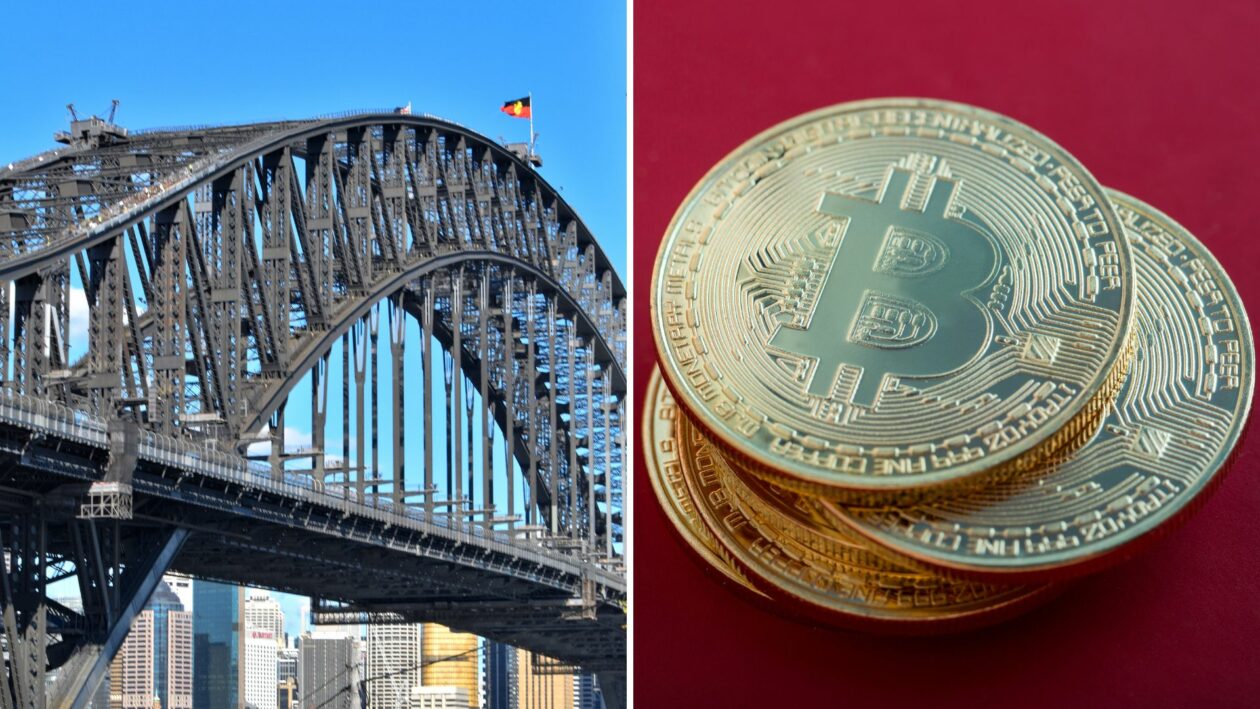While BlackRock Inc, the world’s largest asset manager, generated headlines last week with the announcement of a planned Bitcoin fund, Australia’s Holon Global Investments – albeit, not in BlackRock’s league – was ahead of the curve.
Holon, which describes itself as a next-generation fund manager focused on Web3 infrastructure, launched three cryptocurrency funds in June in the depths of the so-called “crypto winter” or when the capitalization of crypto markets had fallen to US$793 billion from a November high of about US$3 trillion, down more than a dizzying 70%.
Holon’s funds are in market leaders Bitcoin, Ethereum, and the lesser-known Filecoin. Holon is a participant in the Filecoin network, and has 27 petabytes of installed data storage capacity out in western Sydney.
The company, which partners with U.S. firm Gemini Trust Co. founded by Cameron and Tyler Winklevoss to provide cryptocurrency custody services, said it reckoned its funds may find a market among those who do not have much experience with direct trading on exchanges.
“[There’s been] a massive risk-off environment and it’s perhaps more attractive to enter now than it was previously,” said Chief Executive Officer of Holon Investments Australia Rory Scott, explaining that the all-time highs in November may have kept some investors out of the market.
This year’s crypto slump was greased by the estimated US$40 billion collapse of the stablecoin project Terra/Luna in May, while the U.S. Federal Reserve’s campaign to tackle 40-year high inflation by raising interest rates has also seen crypto prices slide along with broader equity markets.
“It’s interesting as to whether this is a protracted crypto winter or whether this is a macro-driven event, that it’s just a risk-off across all assets and once the Fed starts to cool its jets on raising interest rates then we’ll start to see a little bit of a rebound in price,” Scott said.
Whichever the case, Gemini’s managing director and head of Asia Pacific operations, Feroze Medora, said he is confident in crypto’s long-term prospects.
“We’ve seen multiple winters before and the industry as a whole always seems to come back stronger after each winter,” he said. “Interest from the institutional perspective is bringing a long-term growth trend to the cryptocurrency industry and to the adoption of blockchain technology as well,” he said in reference to BlackRock’s planned fund.
Pensions & rules
After announcing plans to expand into Asia and Australia, Gemini set up shop in Singapore in the latter half of last year.
“[Australia] is an attractive place for anybody to do business,” Scott said, “it’s an obvious place for Gemini to be looking to do business.” Primary among these reasons, according to Scott, is the size of Australia’s superannuation, or retirement fund, industry, which was valued at US$2.3 trillion by the 2021 Willis Towers Watson Global Pensions Asset Study.
This puts Australia’s pension funds as the fifth largest in the world and growing at a mandated 10% per annum. While currently there is little appetite for crypto investment from this capital, Scott said it would not be long before larger fund managers begin moving into the asset class.
Australia is also seemingly positioned to regulate cryptocurrency, despite the recent federal election bringing the Labor party into government which is perceived to be more crypto-shy than the Liberal party it replaced.
The country’s senate conducted an extensive report into cryptocurrency and its possible impact on the fintech sector late last year, handing down a number of recommendations that the former government was looking to adopt.
How many the new Labor government will pick up remains to be seen, however Australia’s Treasury Department is now compiling its own report on crypto asset service providers after taking submissions from the industry in Australia.
Recently, the Reserve Bank of Australia announced a partnership with Digital Finance Cooperative Research Centre to explore use cases for a central bank digital currency in Australia.
One of Australia’s strengths is the consultative approach the regulator has with cryptocurrency institutions, said Medora. “A global regulated framework for cryptocurrency is going to be a significant positive growth for crypto in general.”
Scott said the funds have a 0.4% yearly management fee and an additional 0.4% to cover costs, compared with the 1.25% fee charged by the first batch of spot exchange-traded cryptocurrency funds that were listed on Australia’s CBOE exchange earlier this year.
The three Holon funds were chosen to represent three areas of growth in Web3, Scott said. Bitcoin is the transfer of value, Ethereum the functionality of Web3 that many protocols are built on, and Filecoin represents the data storage layer, he said.
“Our whole thesis is this is the infrastructure that you can invest in that ultimately will be a beneficiary of the incremental things that people will build on it on top of it over time,” Scott said. “That was the driver behind why we have those three exposures available for investors.”





